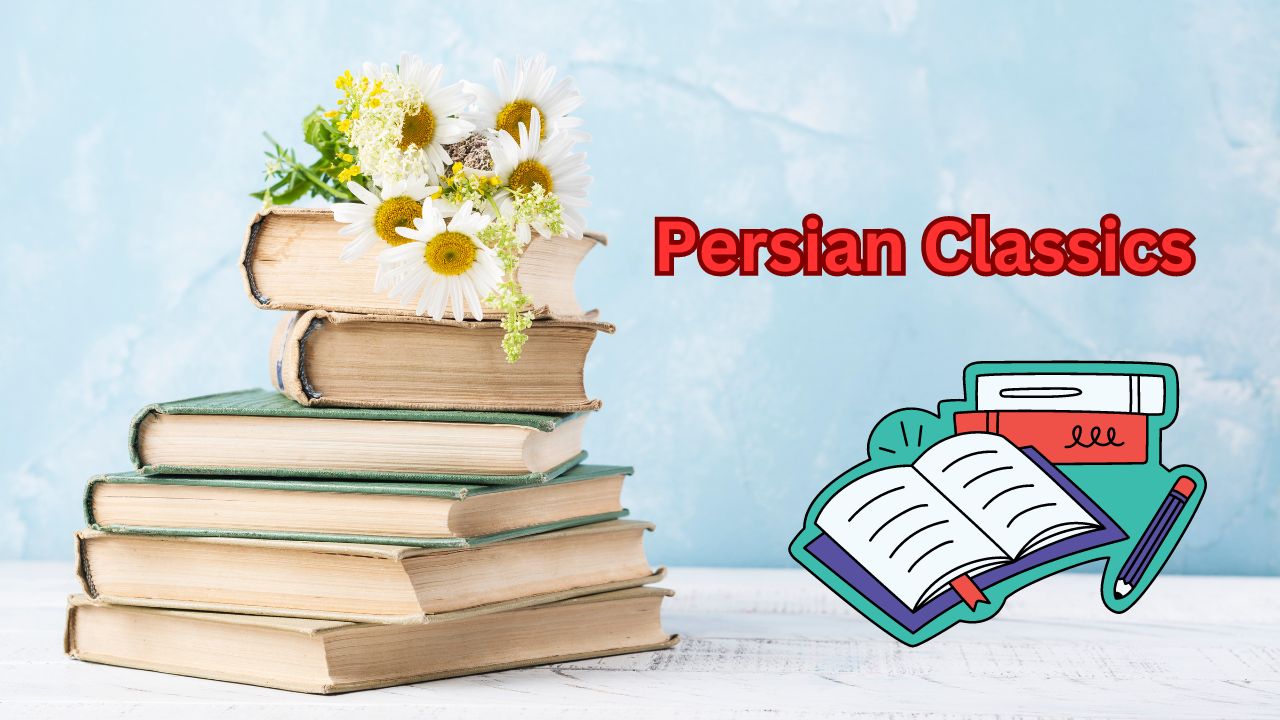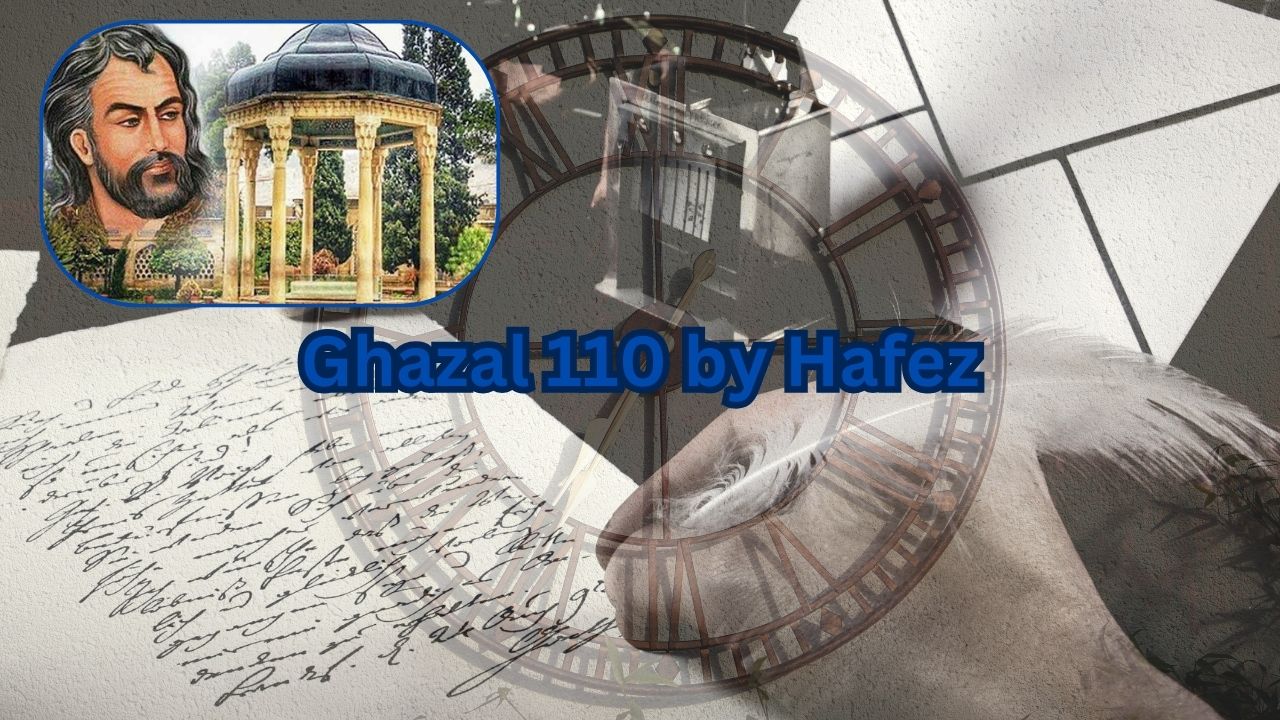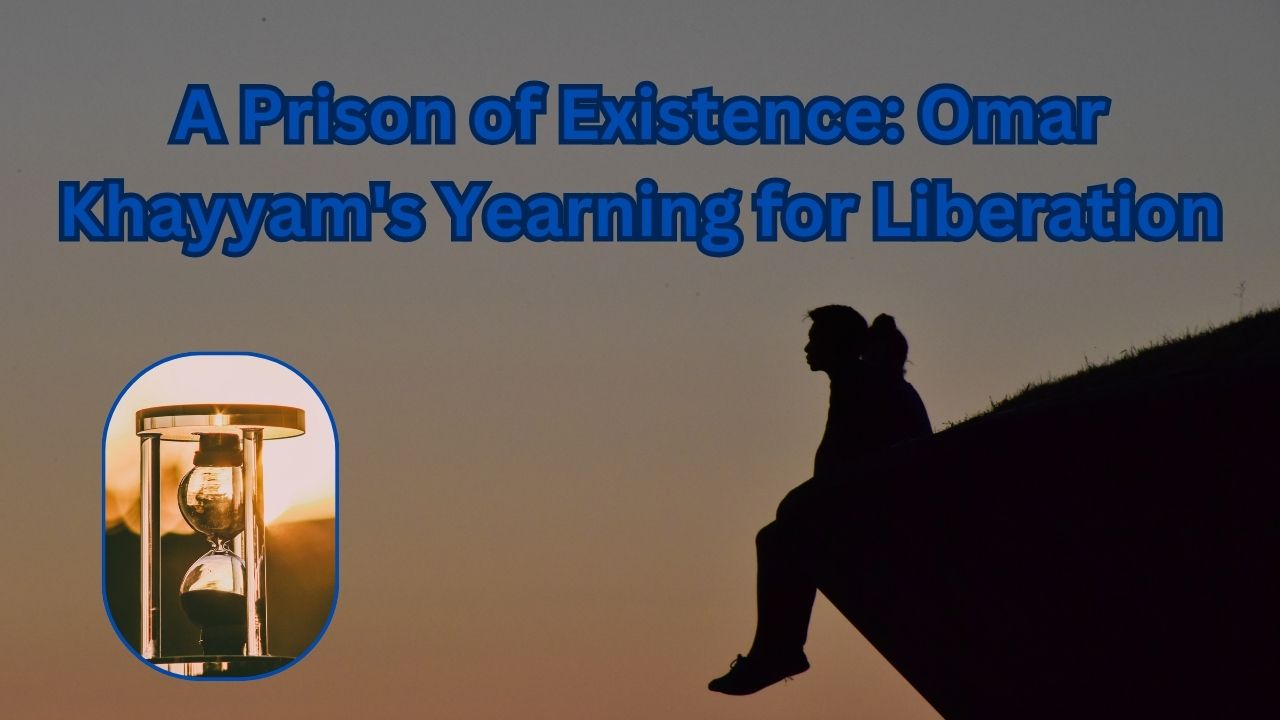Epic Poets
- Ferdowsi: Often hailed as the "Persian Homer," he is best known for his epic masterpiece, Shahnameh (Book of Kings), a monumental work chronicling the history of ancient Persia.
Sufi Poets and Mystics
- Rumi: A renowned Sufi mystic and poet whose works, filled with divine love and ecstasy, have captivated audiences worldwide.
- Hafez: Another celebrated Sufi poet whose lyrical and often enigmatic verses explore love, loss, and the search for meaning.
- Attar of Nishapur: A mystic poet whose works, including The Conference of the Birds, blend allegory and philosophy.
- Saadi: Known for his wise and often humorous aphorisms, Saadi's works, such as Gulistan (Rose Garden) and Bustan (Orchard), offer valuable life lessons.
- Omar Khayyam: While primarily known for his Rubaiyat, a collection of quatrains exploring themes of life, love, and mortality, Khayyam was also a mathematician and astronomer.
Other Notable Figures
- Nizami Ganjavi: A master storyteller known for his epic love poems, including Layla and Majnun.
- Sanai: A pioneer of Sufi poetry, often credited with laying the groundwork for later mystical poets.
- Khaqani Shirvani: Renowned for his complex and intricate poetic style.
- Anvari: A court poet celebrated for his elegies and panegyrics.
A Note on Modern Persian Literature
While this list focuses on classic Persian literature, it's worth mentioning that contemporary Persian literature also has produced many talented writers and poets. Figures like Ahmad Shamlou, Forugh Farrokhzad, and Sohrab Sepehri have brought fresh perspectives and styles to Persian poetry.
The Golden Age of Persian Poetry: From Ferdowsi to Hafez
The period spanning roughly the 10th to the 14th centuries is often hailed as the Golden Age of Persian poetry. This era witnessed an unprecedented flourishing of poetic brilliance, with poets exploring the depths of human emotion, spirituality, and the natural world.
The Epic Beginnings: Ferdowsi
The foundation of this golden age was laid by Ferdowsi, the epic poet extraordinaire. His monumental work, the Shahnameh (Book of Kings), is a sprawling epic chronicling the mythical and historical past of Persia. This masterpiece not only preserved the Persian language and culture but also established the epic form as a dominant genre in Persian poetry.
The Ascent of Sufism and Lyricism
As Persian society evolved, so too did the themes and styles of poetry. Sufism, a mystical Islamic tradition, profoundly influenced the works of subsequent poets. The 12th and 13th centuries saw the rise of Sufi poets like Attar, Sanai, and Rumi, whose works delved into the complexities of love, divine unity, and the human soul. Rumi, in particular, became a global phenomenon with his ecstatic poetry that continues to inspire millions.
The Pinnacle of Lyricism: Hafez
The Golden Age reached its zenith with Hafez, the master of the ghazal, a lyrical form characterized by its brevity, rhyme scheme, and often ambiguous themes. Hafez’s poetry is a captivating blend of love, mysticism, and social commentary. His verses, filled with symbolism and double meanings, have been interpreted and reinterpreted for centuries, making him one of the most beloved and influential poets in history.
The Legacy
The poets of this era established a rich poetic tradition that would continue to shape Persian literature for centuries to come. Their works not only captivated audiences within Persia but also exerted a profound influence on poetry and thought in neighboring cultures, such as Arabic, Turkish, and Urdu.
The Golden Age of Persian poetry is a testament to the enduring power of the human spirit and the ability of language to transcend time and culture. The works of these poets continue to resonate with readers today, offering profound insights into the human condition and inspiring generations with their beauty and wisdom.





